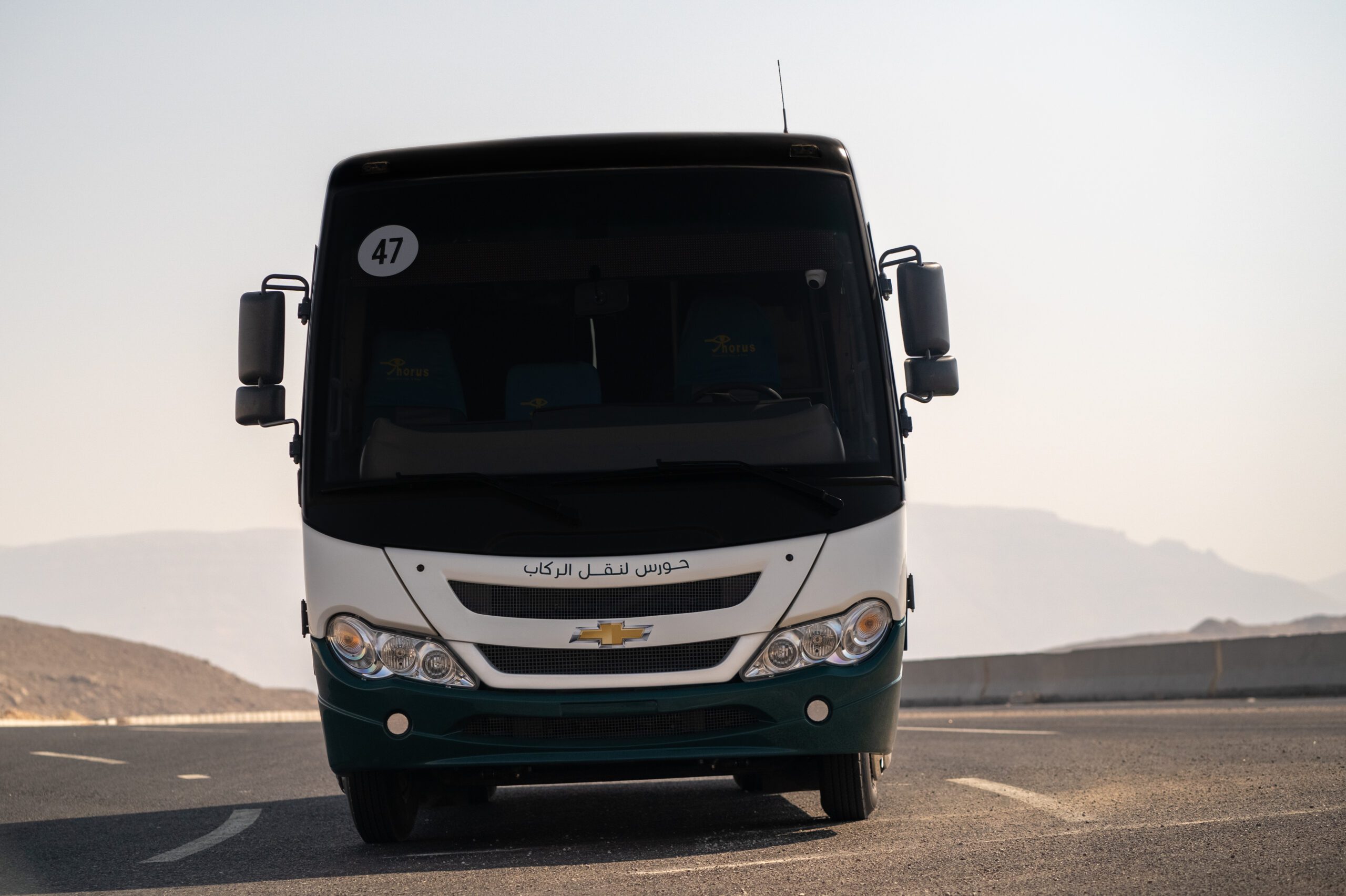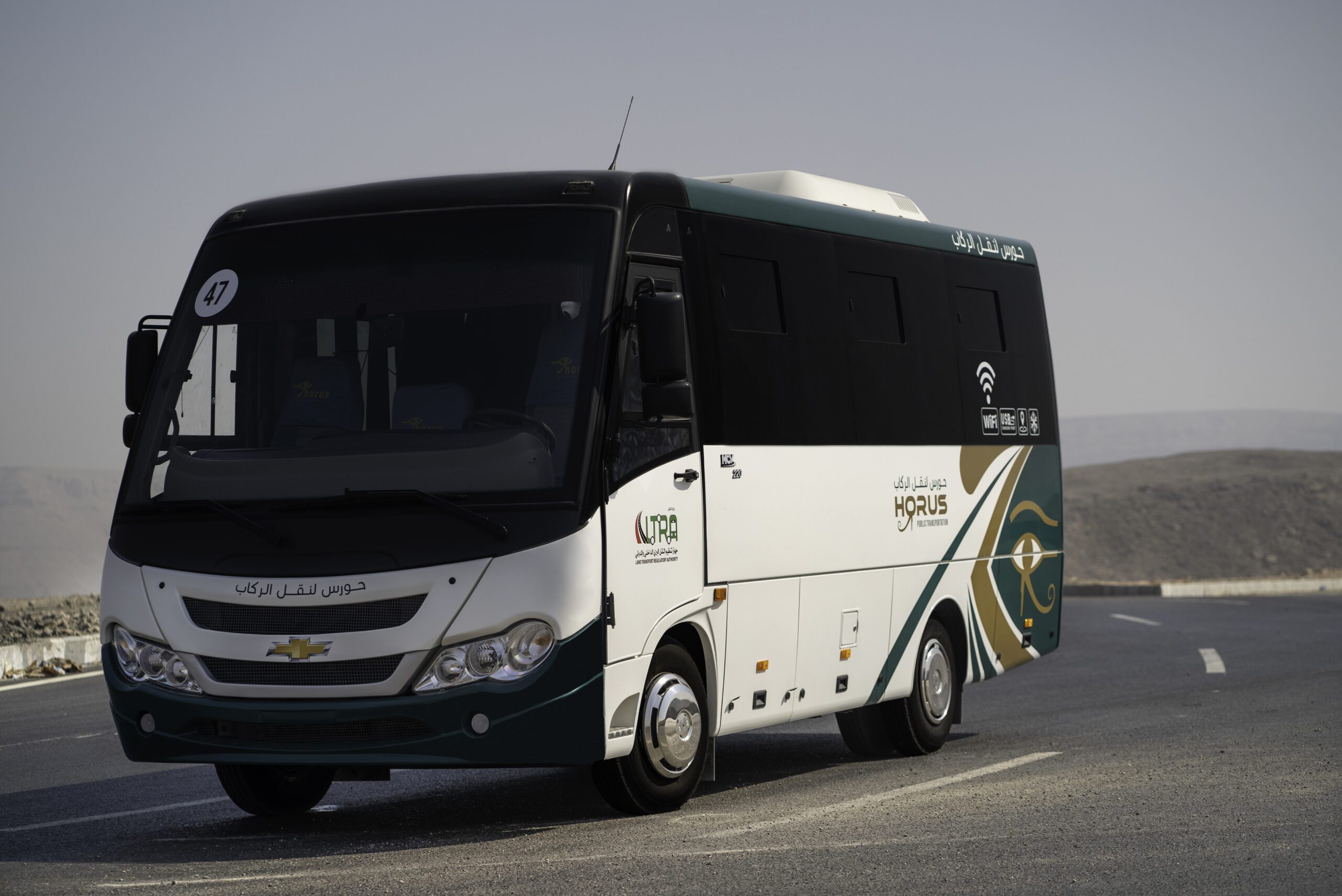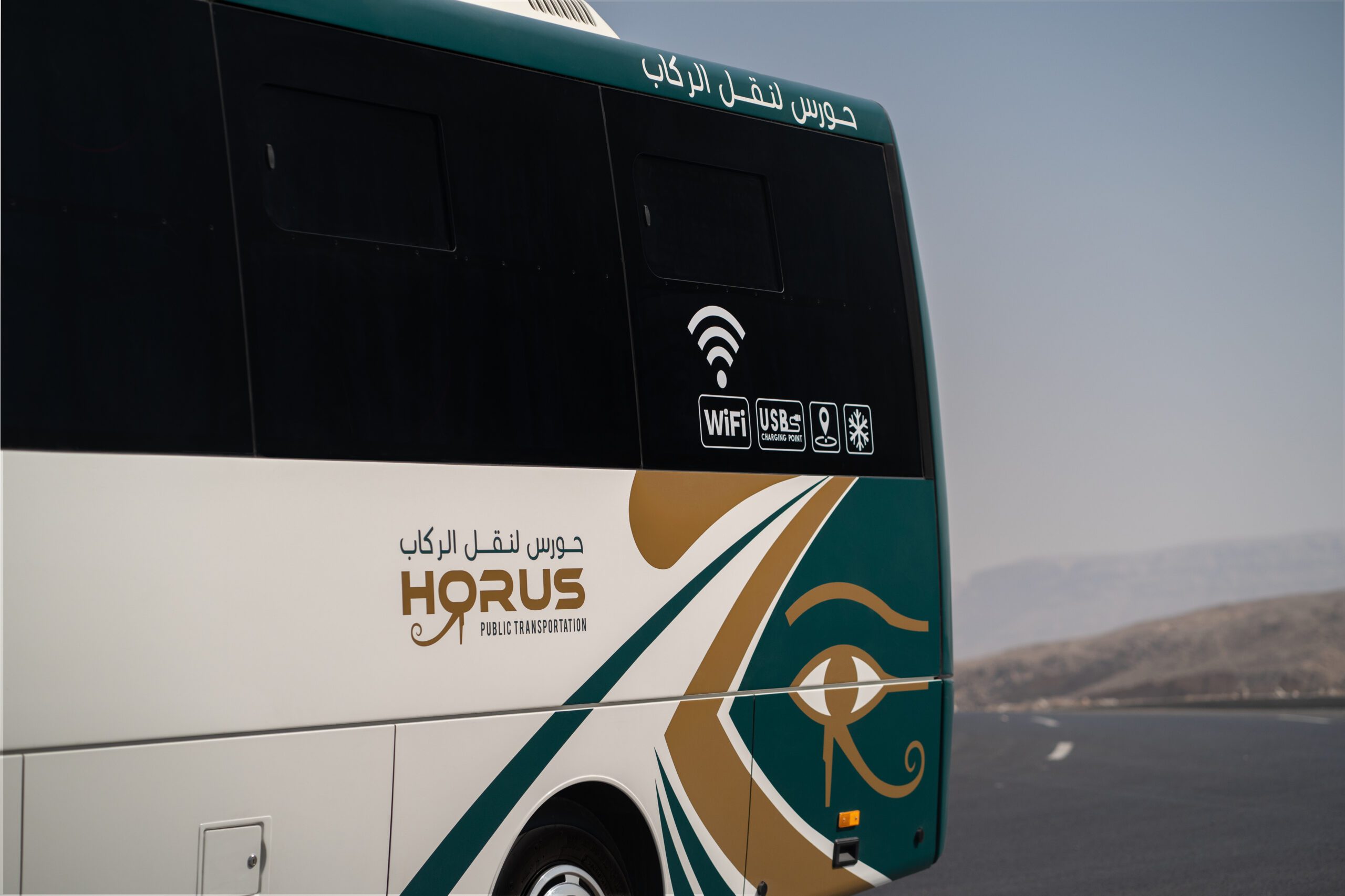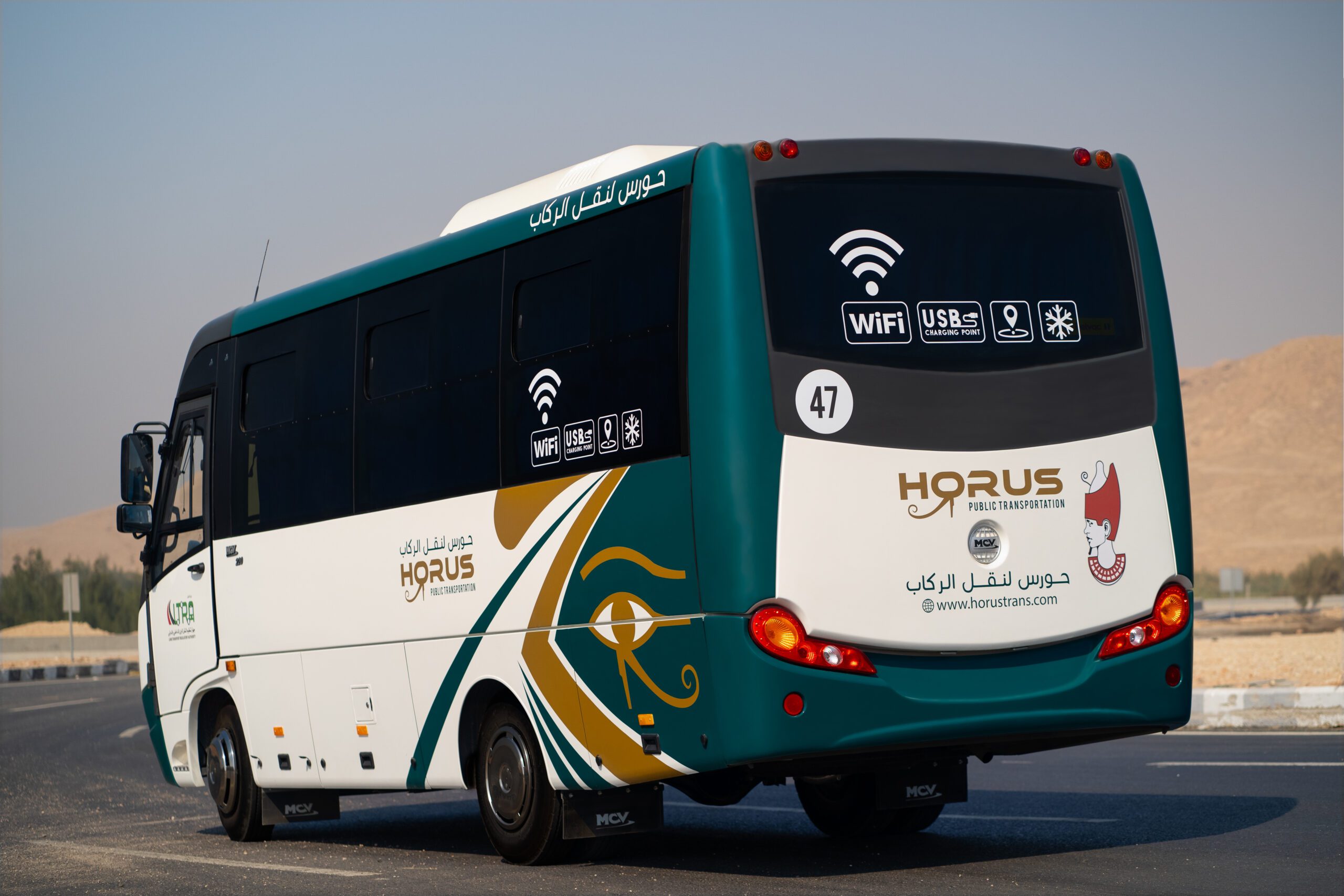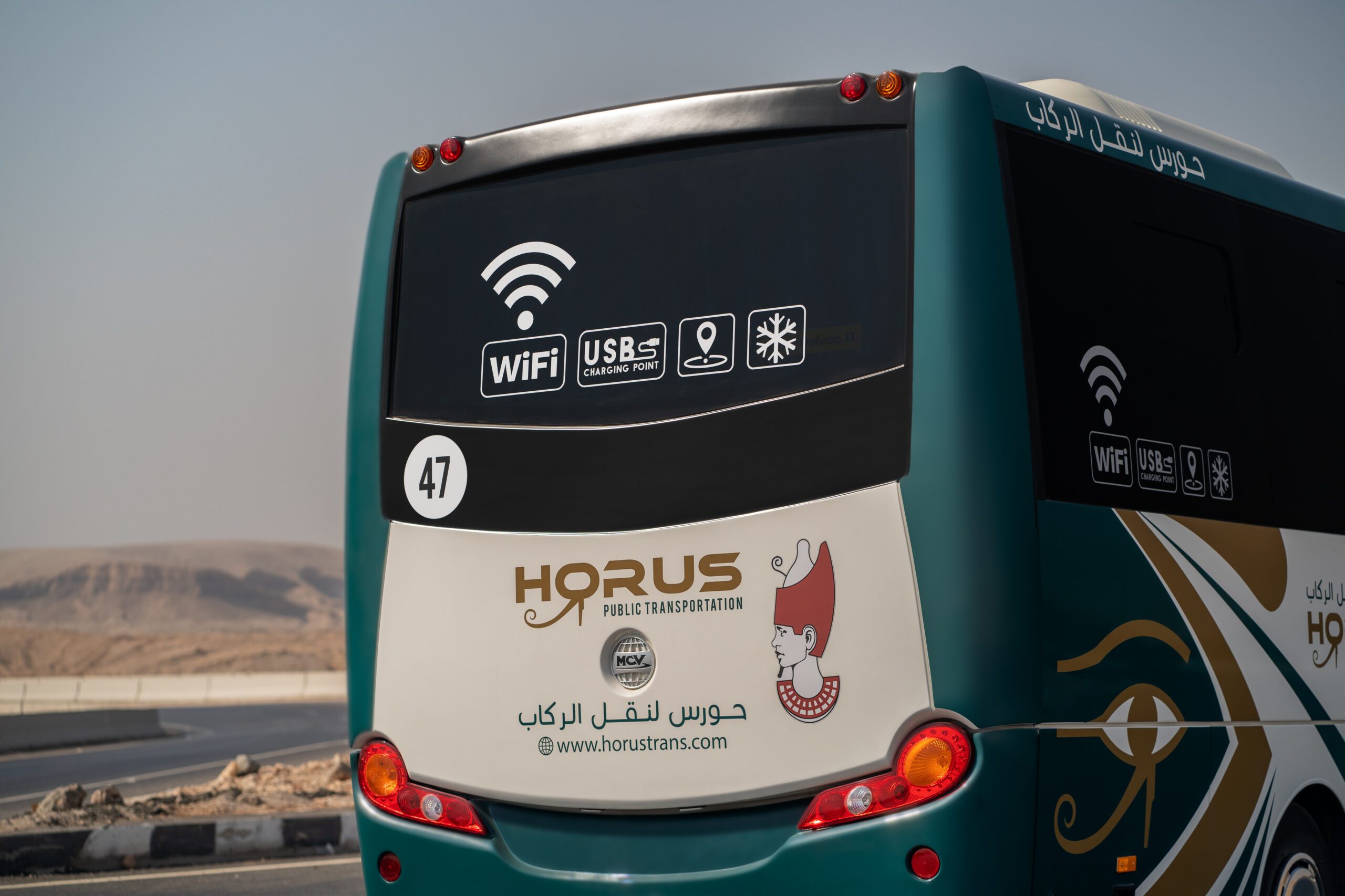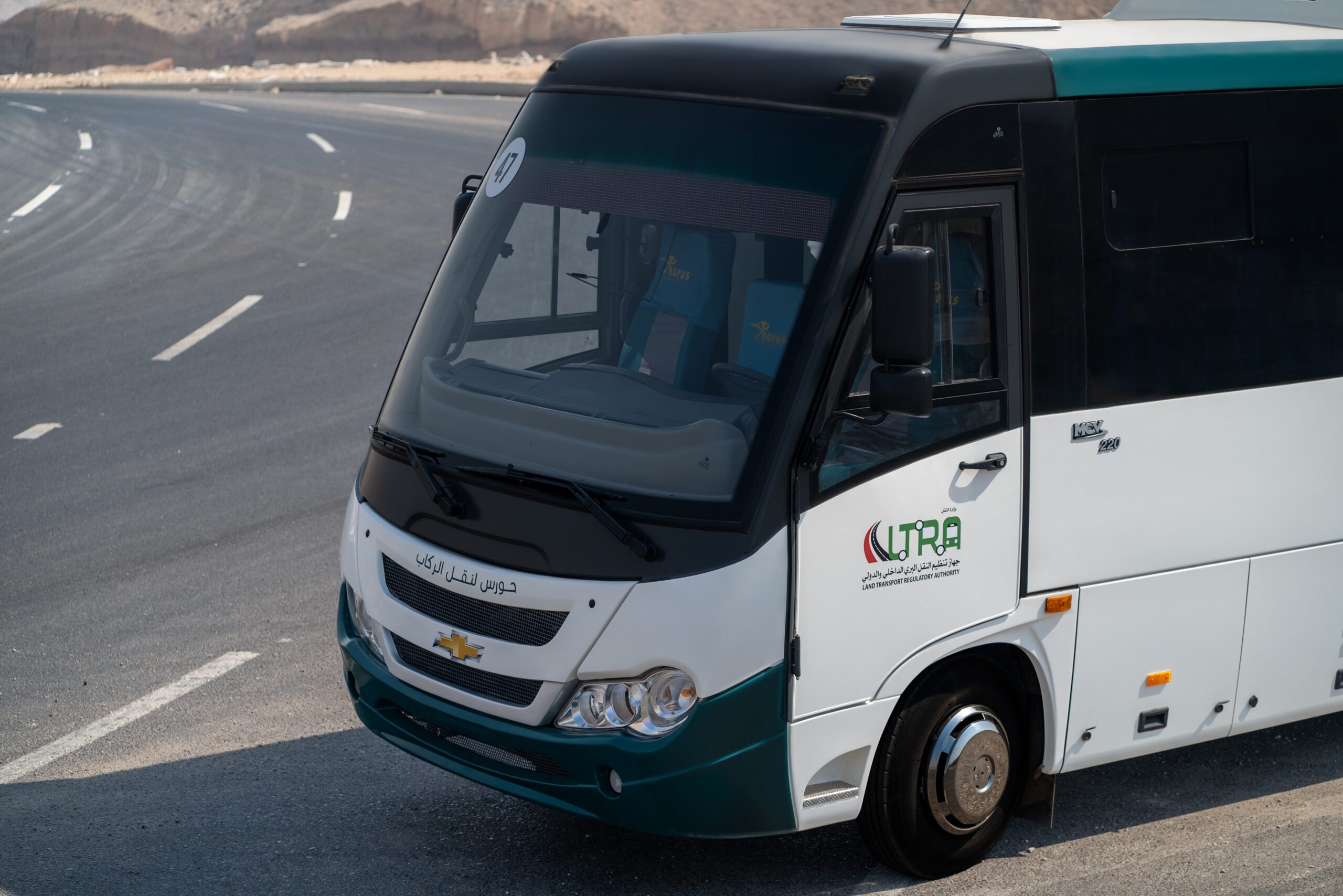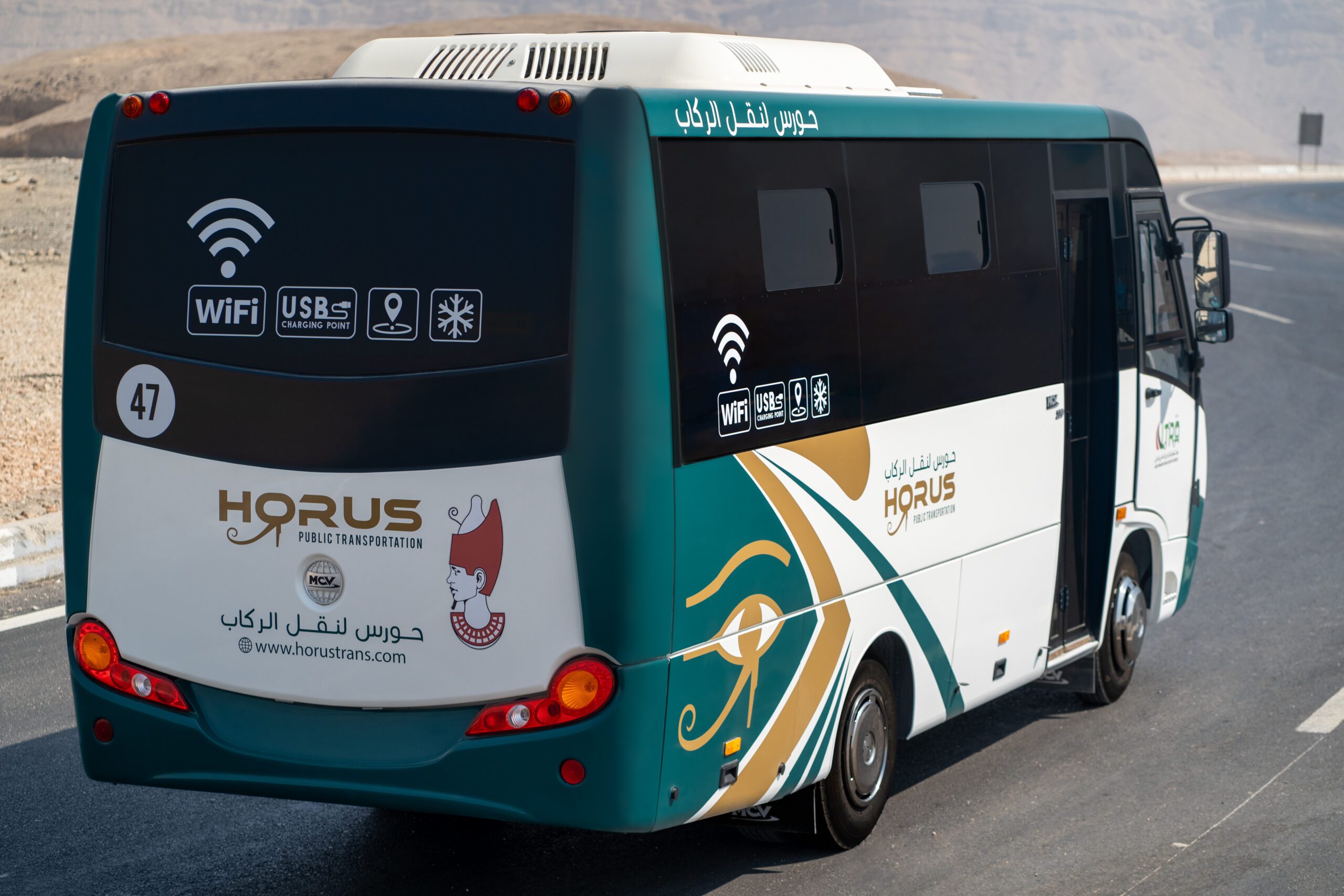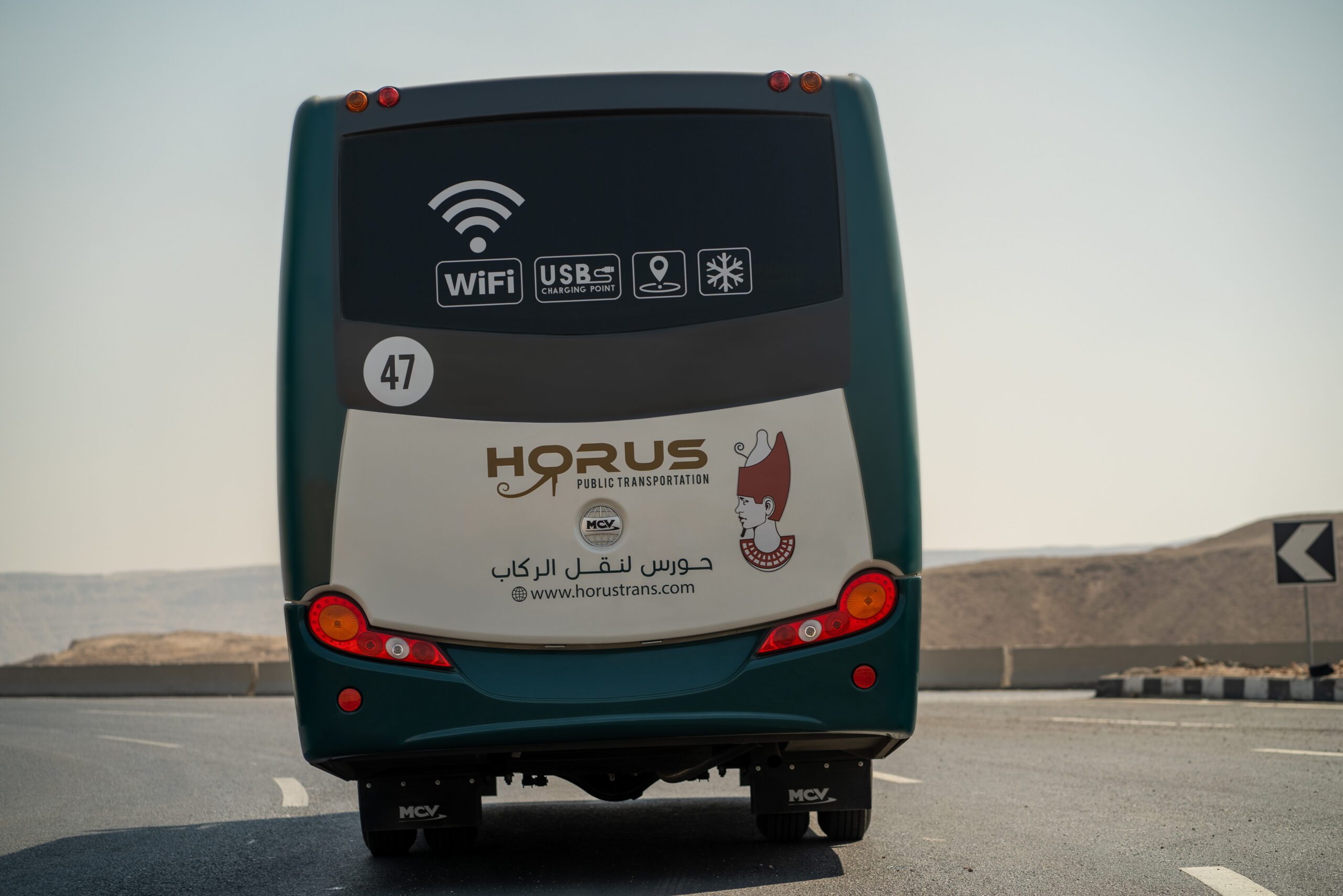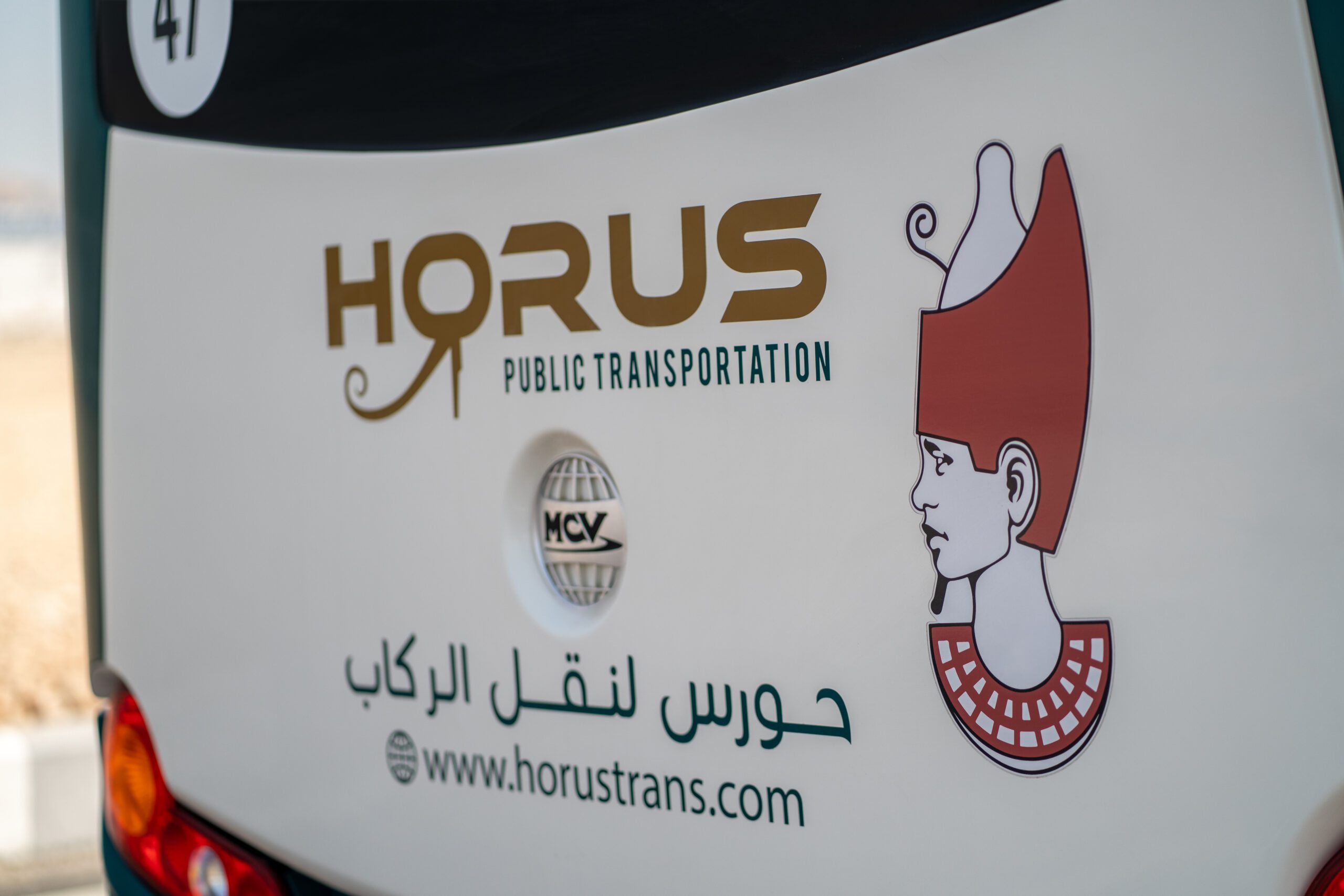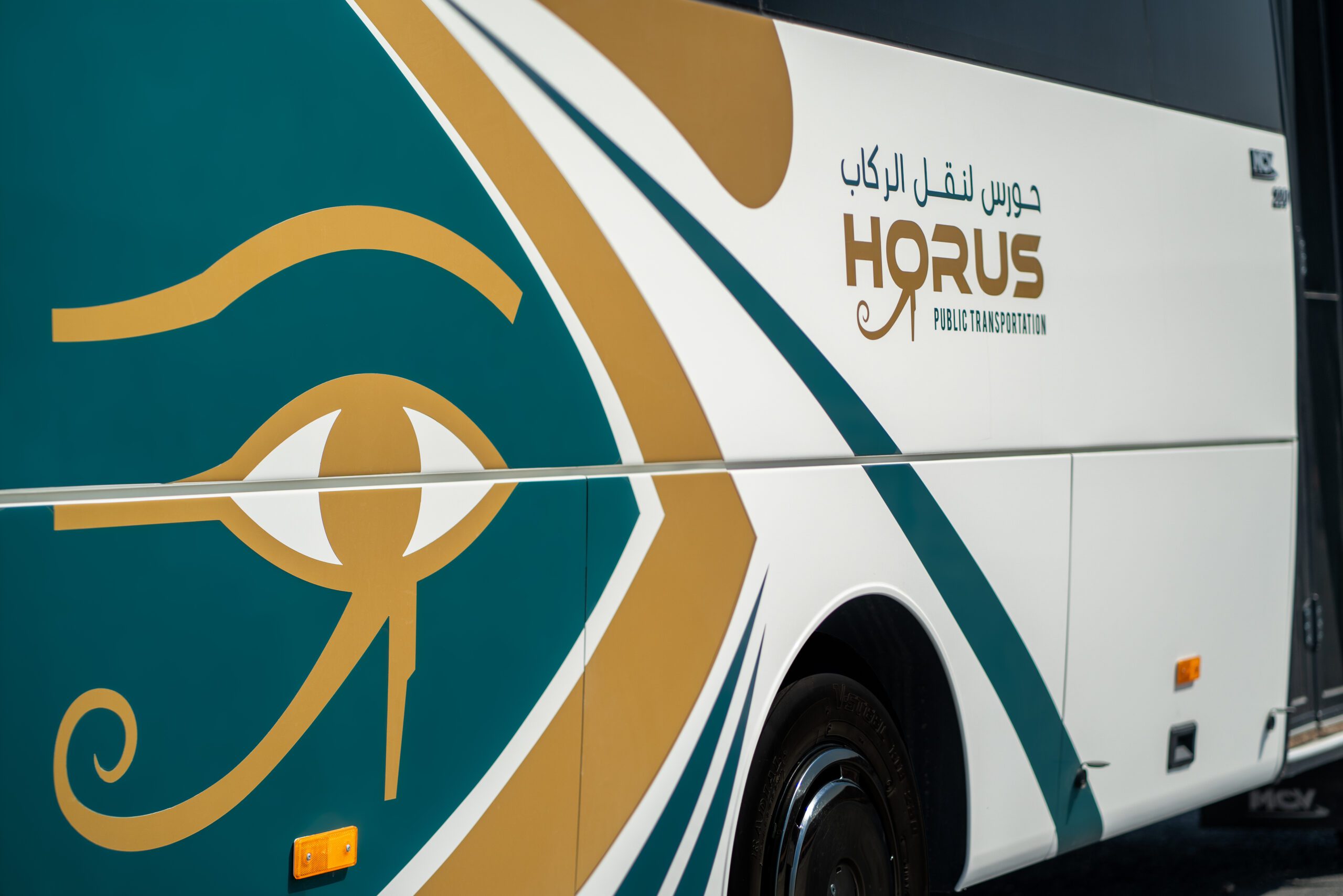Horus Transport

Horus Transport
Statistics
Year of Establishment:
2020
Vision Achievement Timeline:
3 years to become a leading company in the Egyptian land transportation market
Daily Customer Transport:
10,000 customers per day across the Republic of Egypt
Growth in Stations:
Increase from 3 to 10 stations
Fleet Size:
Over 200 vehicles
Contact Information
Call Center:
General Manager, Ahmed Shosha:
About Horus Transport
Horus for Transport, Shipping and Unloading (Horus T.S.U) is a prominent player in the integrated transport and logistics sector in Egypt. Established in 2020, the company has quickly become a key enabler of national supply chains, offering a comprehensive suite of land transport services that include Intercity transport, Intracity transport, and Heavy Transport.
Vision & Mission
With a vision to become one of the leading companies in the field of land transportation in the Egyptian market within the next three years, Horus T.S.U is dedicated to providing safe, fast, and comfortable transportation services. The company’s mission revolves around offering a variety of services at competitive prices, catering to the needs of all customer segments, leveraging modern technology in reservation and payment processes, and achieving an acceptable return on invested capital.
Sustainability
Sustainability is at the core of Horus T.S.U’s operations. The company understands the critical role public transport plays in environmental conservation by reducing the number of cars on the road, along with their associated emissions and congestion. To this end, Horus T.S.U has implemented several eco-friendly practices:
- Regular quality maintenance on vehicles and equipment to ensure optimal performance and minimize carbon emissions.
- Recycling of motor oil and tires from vehicles for use in other applications such as asphalt, rubber mats, and fuel.
- Utilization of smart technologies for traffic information, route optimization, and emission reduction.
- Investment in climate change-resilient infrastructure.
- Reduction of paper usage through online booking and digital receipts.
- Installation of electricity sensors in offices to cut down on energy consumption.
- Engagement with stakeholders and the public to promote sustainable transport.
Photo Gallery
